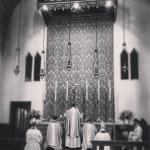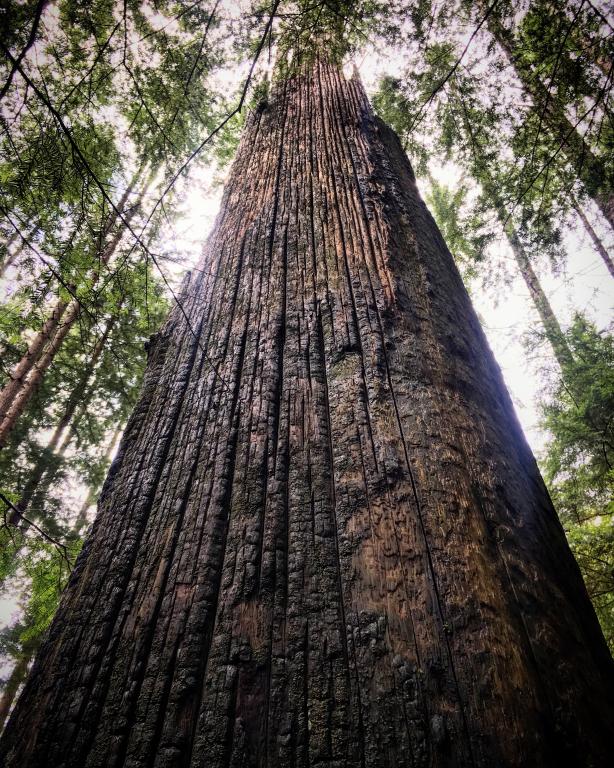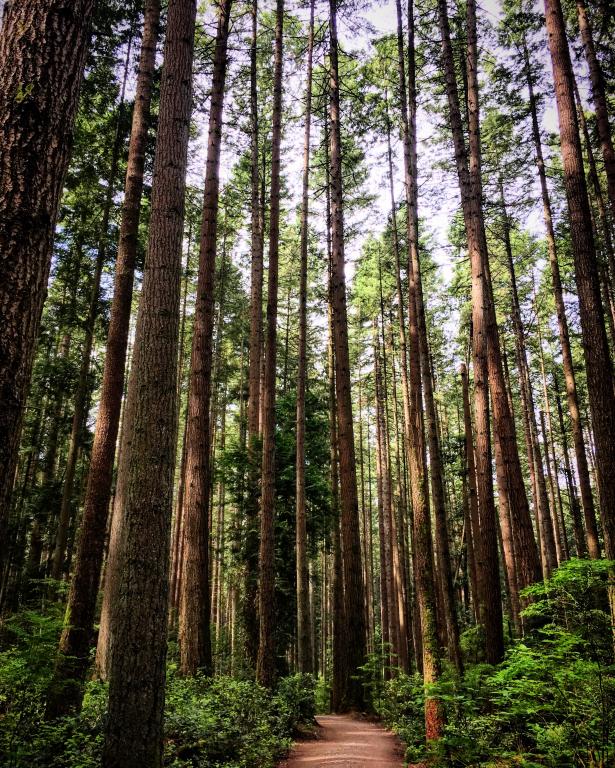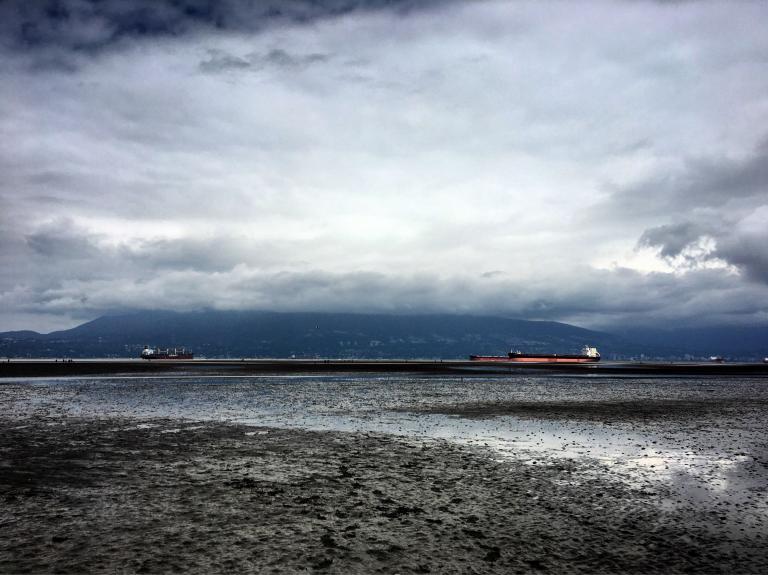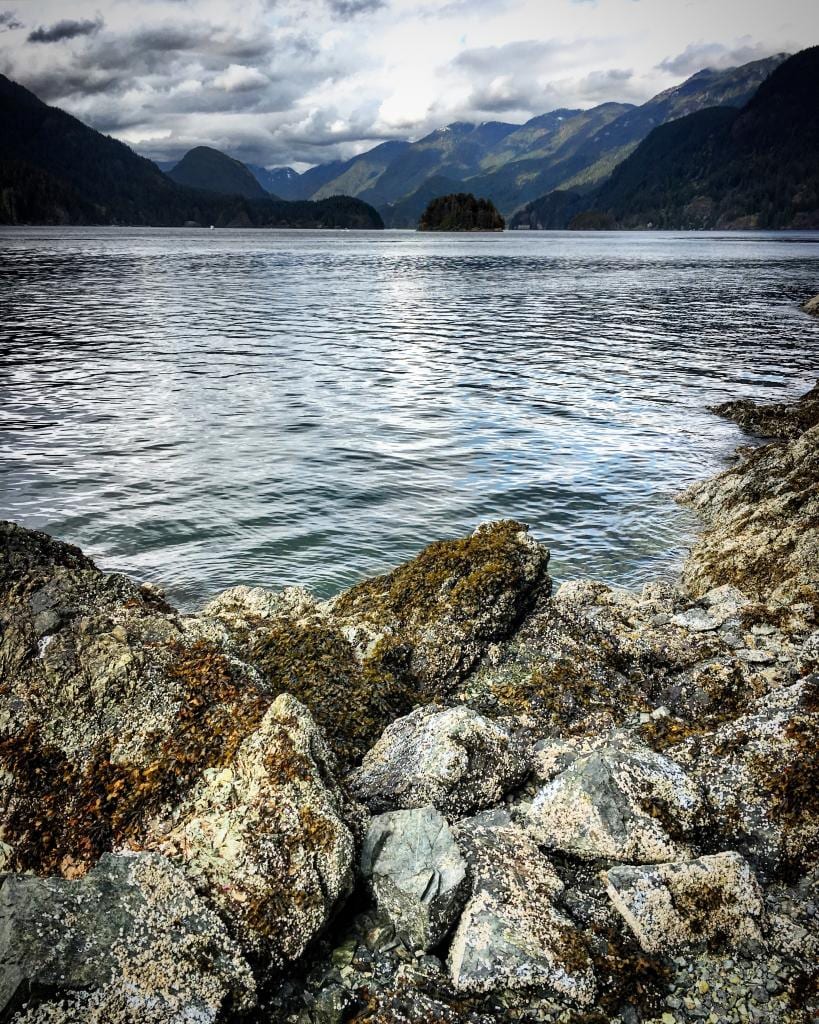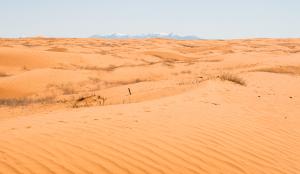 [I’m behind the times. I just finished watching ‘Breaking Bad’ on Netflix. But still, I guess I should say there are spoilers in this post.]
[I’m behind the times. I just finished watching ‘Breaking Bad’ on Netflix. But still, I guess I should say there are spoilers in this post.]
In one of the last episodes of the final season of Breaking Bad, Saul, Jesse and Walt meet in the desert to try one final attempt to get the band back together so to speak, after Jesse has decided to walk away. Saul, looking very worried, mutters: ‘Its always in the desert,’ meaning that these kinds of shady meetings always seem to take place outside of established human settlements, moral constraint, and the eyes of the law. In the vast openness of the New Mexico high desert.
This phrase seemed to sum up much of the cinematography choices and wild west motifs that the director and writers had no doubt consciously chosen as part of Walt’s persona; but it also struck me as the exact opposite, a toxic mimic so to speak, of the reasons why the Desert Fathers and Mothers, the ancestors of our contemporary monastic traditions, fled from civilization for the harsh solitude of the Egyptian and Syrian deserts starting in the 3rd century.
Thus, while the desert is persistently presented as a place of solitude, apartness, and freedom, the pursuits of the two parties could not be more different. While the monks eschewed the corruption and greed of the world, battling it through their contemplative prayer; Walt embraced it by seeking to build a meth empire, no matter how many lives he had to destroy.
When I reached the final episode, it was mere days after the horrific mass shooting in Las Vegas where over 50 people were mowed down by a completely senseless act of white male domestic terrorism. In one of the final scenes, Walt rigs a machine gun to pop out of his trunk to dispatch with his final foes, the Nazis who are holding Jesse captive. The murderous-hero saves the day.
It occurred to me that Walk is actually the perfect patron saint for the toxic masculinity of the white male mass shooter. The man who as Franciscan Friar and teacher Richard Rohr argues does not transform his pain will end up transmitting it. This is what Walt does. Having been snubbed by his business associates, his cancer diagnosis jolts him into the courage to get back at the world.
This toxic mix is I believe is at the root of all male violence, especially senseless acts like mass shootings. And yet, the writers still gave Walt a hero’s end: on his own terms, with his plan executed, the camera pans away from a troubled, but somewhat satisfied and fulfilled man. A man who killed dozens of people and ruined countless lives by selling meth.
While Breaking Bad features many beautiful scenes of the desert; if Walt is an anti-hero, then Walt’s cherished desert is an anti-spiritual ecology.


